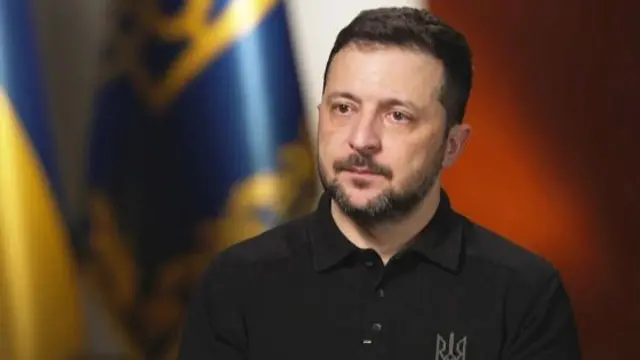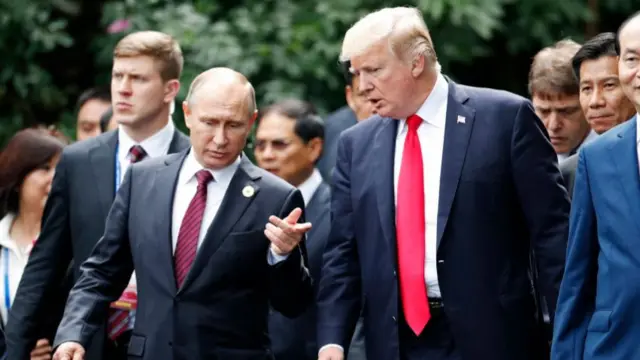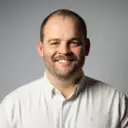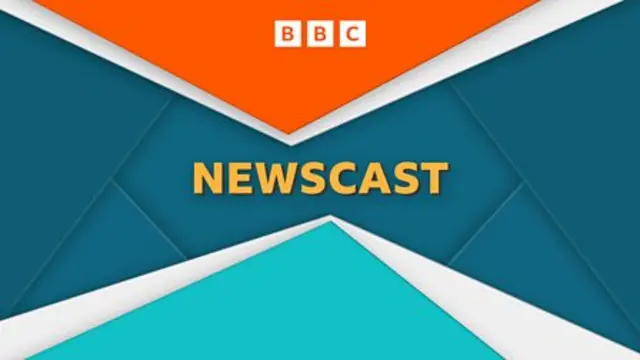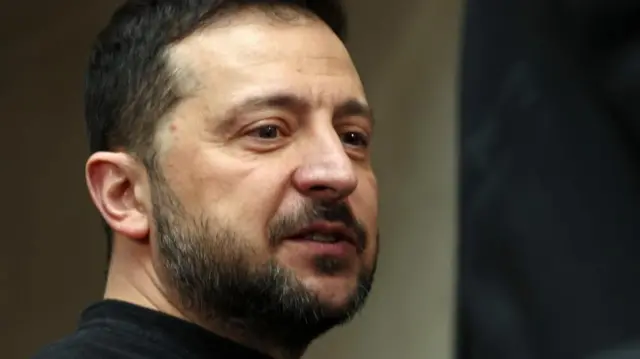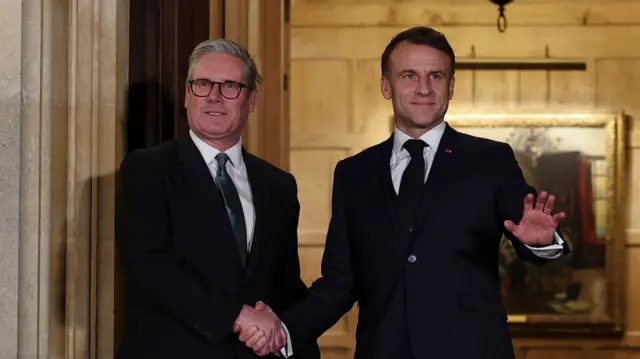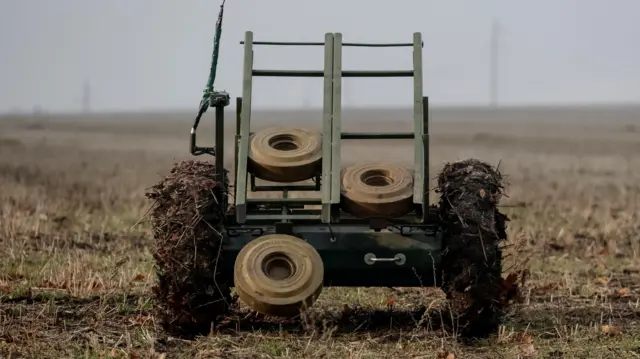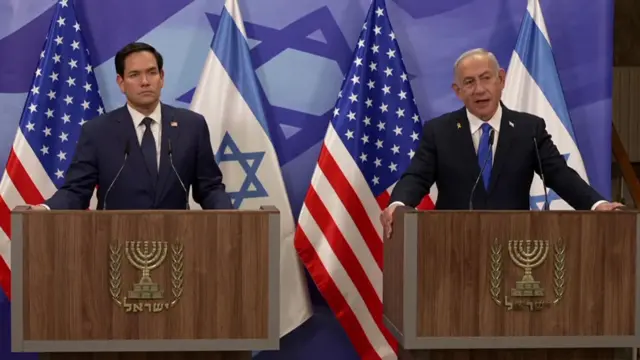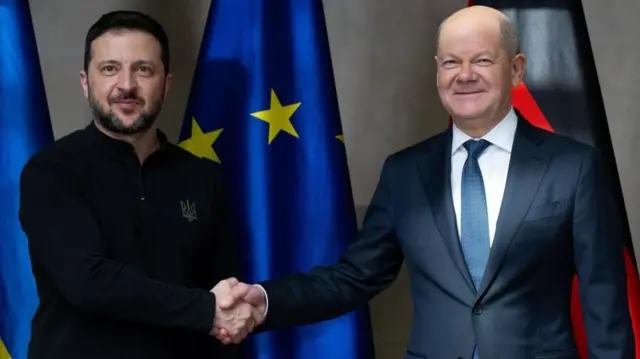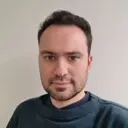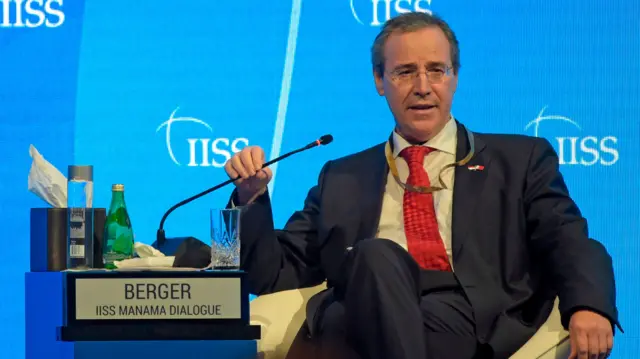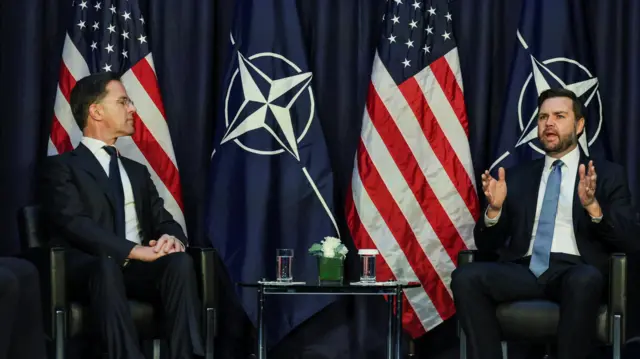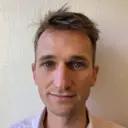Ukraine talks head into what could be a pivotal weekpublished at 15:19 GMT 16 February
Just joining us? Things are moving fast on Ukraine - here's what you've missed.
- France has confirmed it will host an emergency summit of European leaders tomorrow to discuss the situation in Ukraine. Leaders from France, the UK, Germany, Poland, Italy, Spain and Denmark will attend, Reuters reports
- European governments fear the White House could strike a deal with Russia which damages security on the continent, with US-Russia talks expected in Saudi Arabia later this week
- A senior Ukrainian government source has told BBC News that Ukraine has not been invited to the talks, despite a US special envoy's claim that Kyiv would be involved
- Meanwhile Russia continues to strike Ukraine, with an attack on the city of Mykolaiv leaving 100,000 people without power
- Donald Trump's plan to end the Ukraine war without European leaders' involvement represents a chilling wake-up call, writes our security correspondent Frank Gardner
Stay with us as we bring you the latest on this story.
